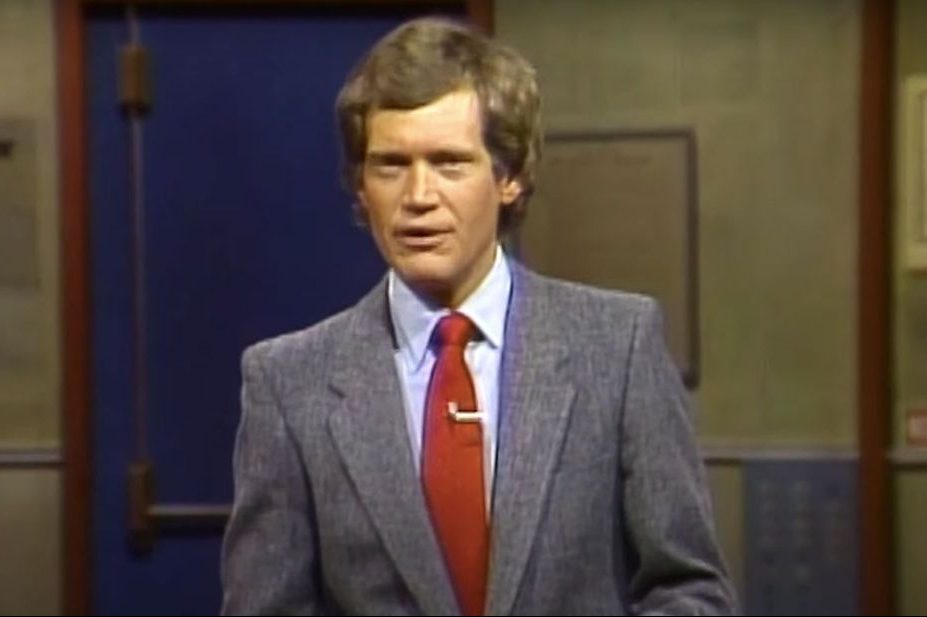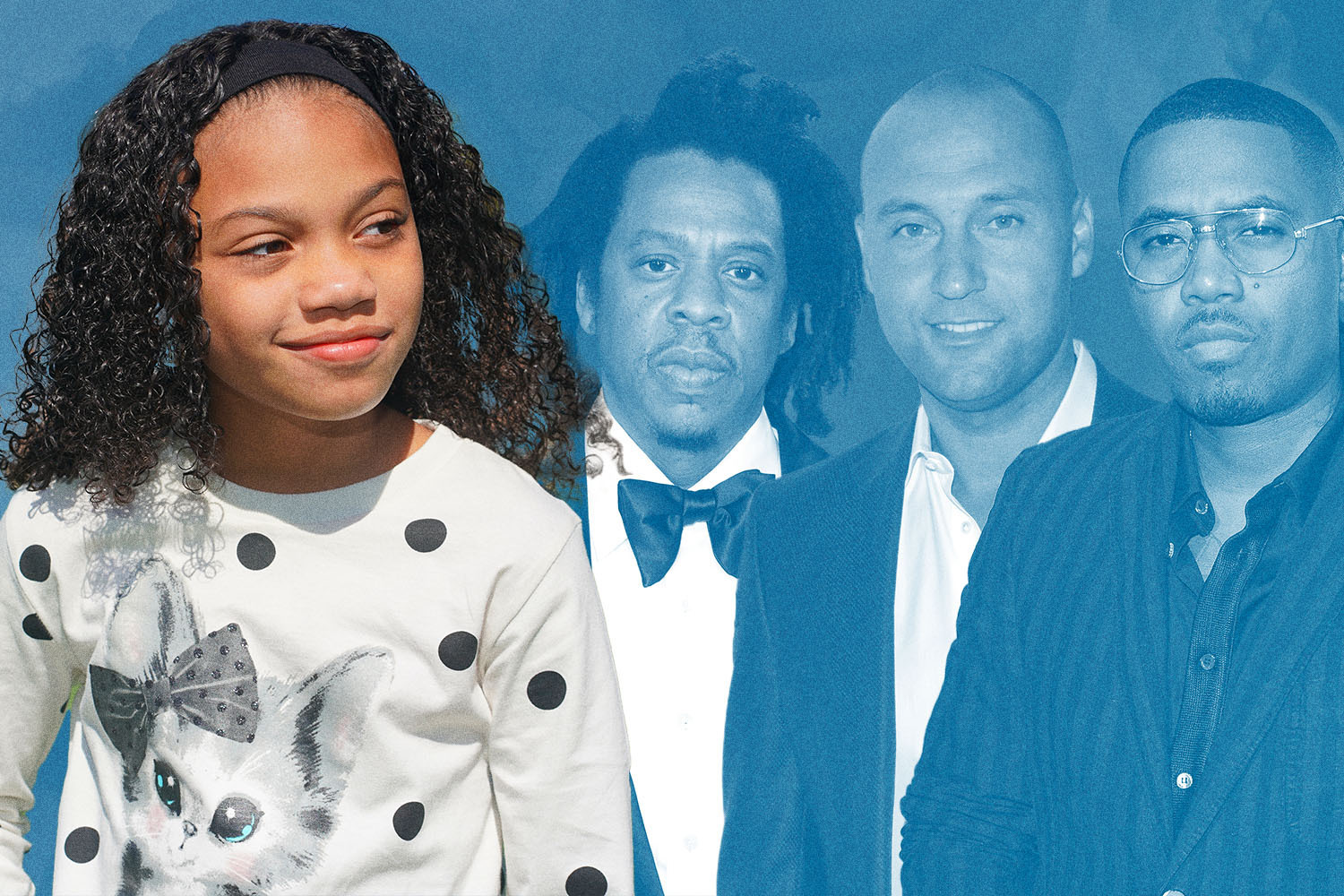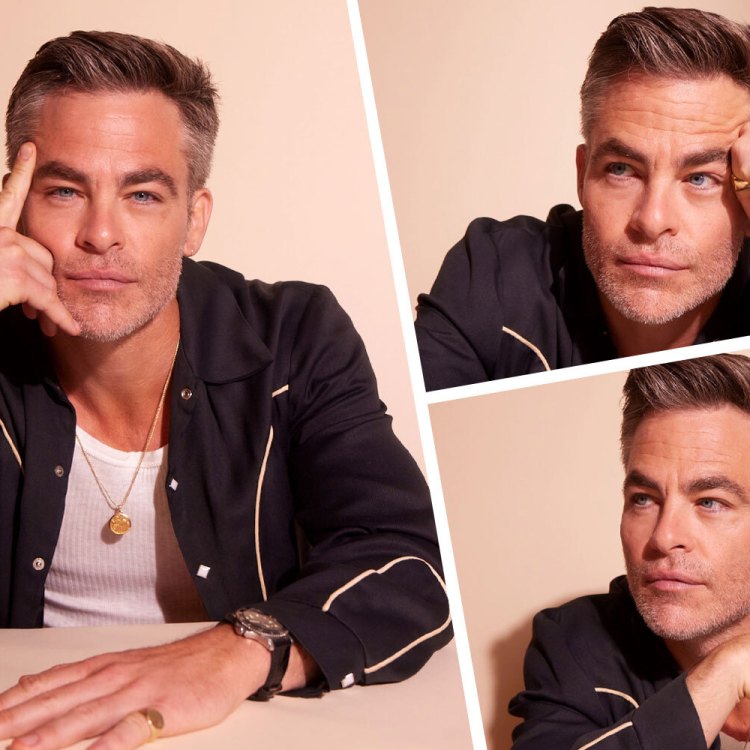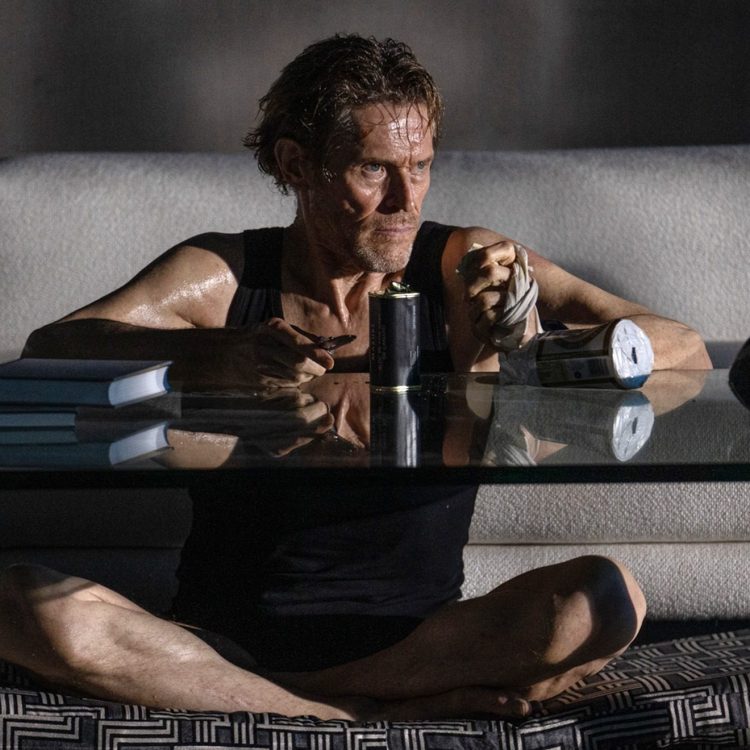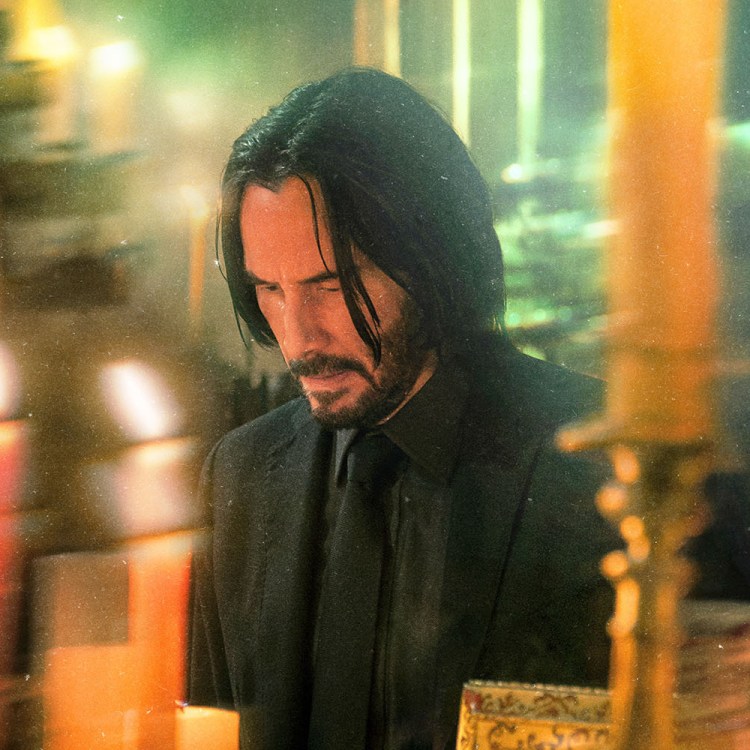We might know Alex Winter as the ultimate dude, Bill, from the 1989 comedy Bill and Ted’s Excellent Adventure, where he starred alongside Keanu Reeves. But in recent years, Winter has gone behind the camera as a filmmaker.
Winter is a director, actor, writer and founder of Trouper Productions, a production company he launched in 2006 to release his own films. His recent projects include a Frank Zappa documentary called Zappa, which is an in-depth look at the avant-garde musician’s life, and Showbiz Kids, an HBO documentary that traces the bizarre lives of child actors. He last starred in Bill and Ted 3, and now is back with a new documentary, The YouTube Effect. The movie debuts June 11 at Tribeca Film Festival.
For the film, he travels to Taipei where he interviews YouTube co-founder Steve Chen, who launched the video platform back in 2005. Now the company is owned by Google and worth over $350 billion. How did that happen? And how dangerous is the largest video-sharing platform, which has live-streamed shootings (journalist Alison Parker was killed on live TV in 2015, and after her father requested that the video of her murder be taken down, YouTube refused to remove it)? The platform has spread propaganda, misinformation, far-right rhetoric and hate speech — even though YouTube’s CEO Susan Wojcicki says there are bots and a task force whose jobs are to fight this every day. Essentially, it’s a story of big tech versus the government, and censorship for a platform that has quickly become our public video library. As Winter says, it’s “the power of the biggest tech platform on the planet and the implications of that power for good and ill.”
Winter is also on the jury of Tribeca Film Festival, helping select films for the Best New Documentary Feature Competition, so he’s pretty busy. He took some time out to talk to InsideHook about his new documentary, the future of the internet and his favorite kind of YouTube channel.
InsideHook: How does it feel to finally finish this research-intensive documentary?
Alex Winter: It was an important story for me to tell. It ties into the other tech films I’ve made over the years. It’s a corner of the internet that, in a way, is the most powerful and the least talked about.
Why isn’t it talked about?
I think its power is underestimated. The way the internet functions, the public doesn’t understand what is driving a lot of the content they watch. They may spend more time communicating with friends, so assume that’s what generated. But YouTube functions as a search engine, as it does a video platform. Google and YouTube are the primary drivers of the internet, in terms of scale. They do good, too, disseminating information that’s needed. We wanted to look at the whole picture.
The first time the words the “YouTube effect” were used were in an LA Times article in 2006. Why did you want to use this phenomenon as the title of the documentary?
I’ve been following this world for a long time. It wasn’t about trying to tie the whole thing up too neatly. YouTube was the beginning of the proliferation of media into every home in the world. That broke down barriers, both for good and ill. There’s a pervasive kind of media that has taken over, and YouTube is the second-most visited website after Google. Google owns both, so that tells you why this story is important.
What is your favorite YouTube channel and why?
I use it for finding out information. From an entertainment standpoint, I’m a huge counterpoint fan. They are making art and commentary on YouTube you can’t find anywhere else. These artists aren’t getting representation from the media at all. YouTube broke down barriers for marginalized groups in the world who wouldn’t have access to that kind of media distribution.
You flew to Taipei to meet YouTube co-founder Steven Chen. What was that like? You go all the way back to the website’s beginning.
For me, the history of technology is interesting. Understanding how something grows in scale is important. My first documentary was on Napster. The origins are just as interesting as where something is today. People have trouble wrapping their head around big tech, they don’t see the human beings behind it. It’s more relatable and understandable when you grasp who is behind them. They’re really bright people. It’s a murky complicated landscape. Most people in that landscape are just trying to find their way through it. It helps see them eye to eye.
When you interviewed YouTube CEO Susan Wojcicki, she glazed over details. Is she really taking responsibility for all the negatives of YouTube?
I think it must be overwhelming. The impact and the consequences of what it means to bring media uncurated to the world. In a documentary, you can sit down and interview someone and their eyes say everything. That’s the case here. As an observer, she’s trying to grapple with the impact, which has to be overwhelming.
You go to dark places in this documentary, from right-wing extremists to live shootings. Is the YouTube task force doing what it is set out to do?
We get into it, very literally. We are blunt about commenting on areas where they need to improve. I try not to create an ethical thesis. It’s not the right format. I like film storytelling when it raises cogent questions. It’s about creating a conundrum. My question is, when a company gets this big, is it even possible for it to take the responsibility, to police it, when it’s run by a company with that much power? That’s the million-dollar question. A lot of other questions, around abolishing Section 230, but it’s not going to solve that bigger problem.
At what point did you realize, “I have to make a documentary about YouTube”?
I think the Arab Spring, and what was going on between 2010 and 2012, a sense that with the barriers being broken down, people were able to have a voice when they didn’t before. Napster was the first time we had a simultaneous number of people online at the same time. It was a watershed; you could tell the world was changing. YouTube in 2011 was the same thing. Who had political say was being circumvented in a meaningful way. People could be heard. It wasn’t until the Trump era that we had the proliferation of misinformation. The January 6 insurrection had real-world consequences that were happening.
Why didn’t you talk to a competing company like Vimeo?
It isn’t just about video; it’s about access. People have been posting videos since the 1980s. When you’re dealing with a company the size of Google, the access to that video is what makes it significant.
What’s the future of YouTube? Will it fall?
The bedrock of this company is Google. I look at TikTok, and I think it’s interesting but it’s not a search engine and it’s not tethered to Google. TikTok is easily replaceable. To me it has no social or political significance. It’s like the Vine of the moment, in a way. The YouTube story is the Google story, and there’s no story like the Google story.
I’ve noticed you have become more of a behind-the-scenes person. Why do you love working on documentaries?
I love people. I come from narrative and screenwriting. I have a great love for research, which is a probably not healthy habit. Documentaries are at a nexus point of all my interests that other formats aren’t. It allows me to be out in the real world with people, dealing with real-time issues, but crafting narrative out of that. It’s a rewarding medium to work in. The sheer scale of a platform like YouTube is overwhelming, when it comes to the reach they have and the eyeballs on them. It’s almost ungraspable. It’s beyond any other website or news channel, or network, or social media platforms. Once I grasped the scale, it blew my mind a little bit.
This article was featured in the InsideHook newsletter. Sign up now.


